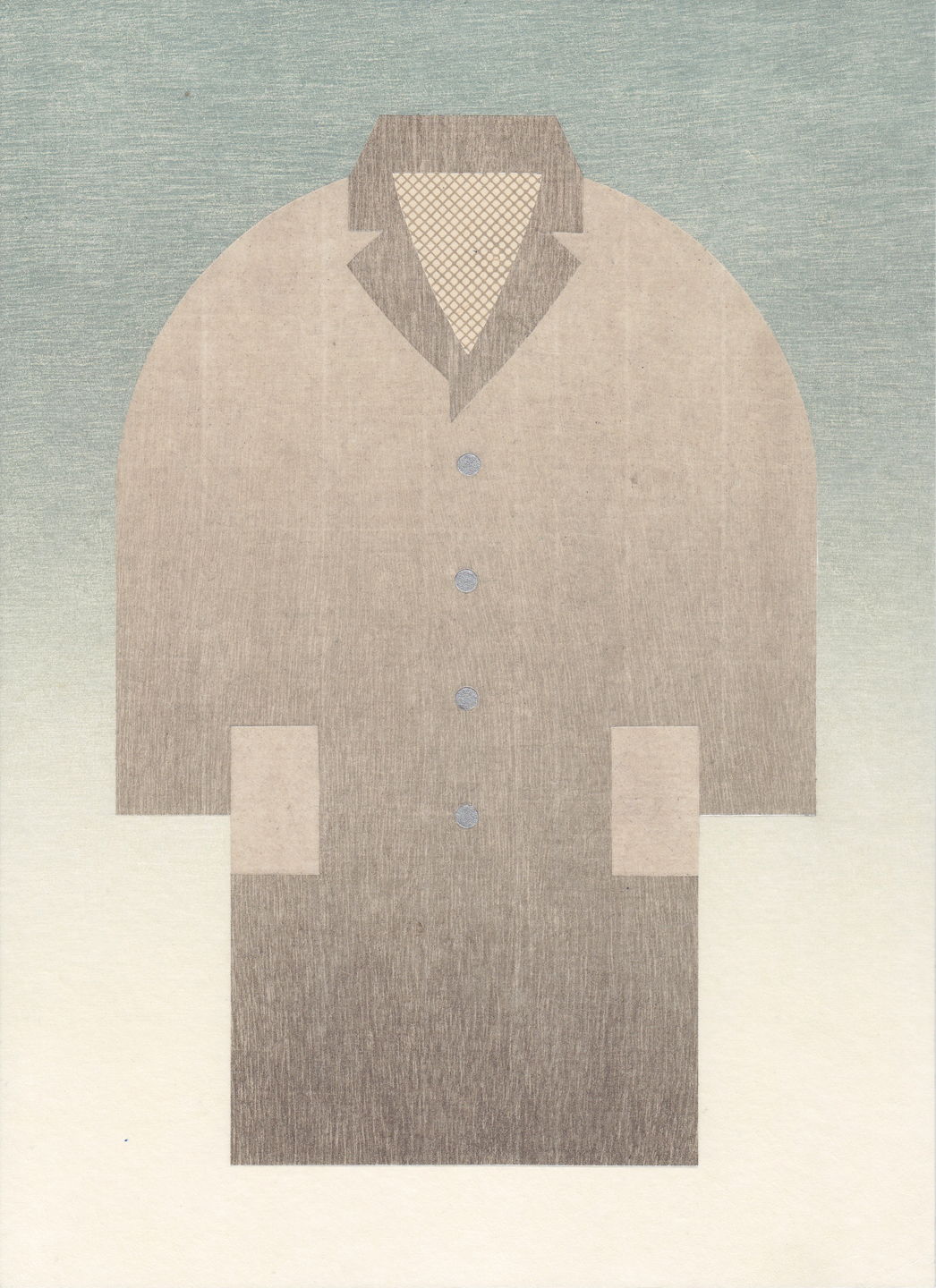PETROVICH WORKED AT THE cloak two whole weeks, for there was a great deal of quilting: otherwise it would have been finished sooner. He charged twelve rubles for the job, it could not possibly have been done for less. It was all sewed with silk, in small, double seams; and Petrovitch went over each seam afterwards with his own teeth, stamping in various patterns.
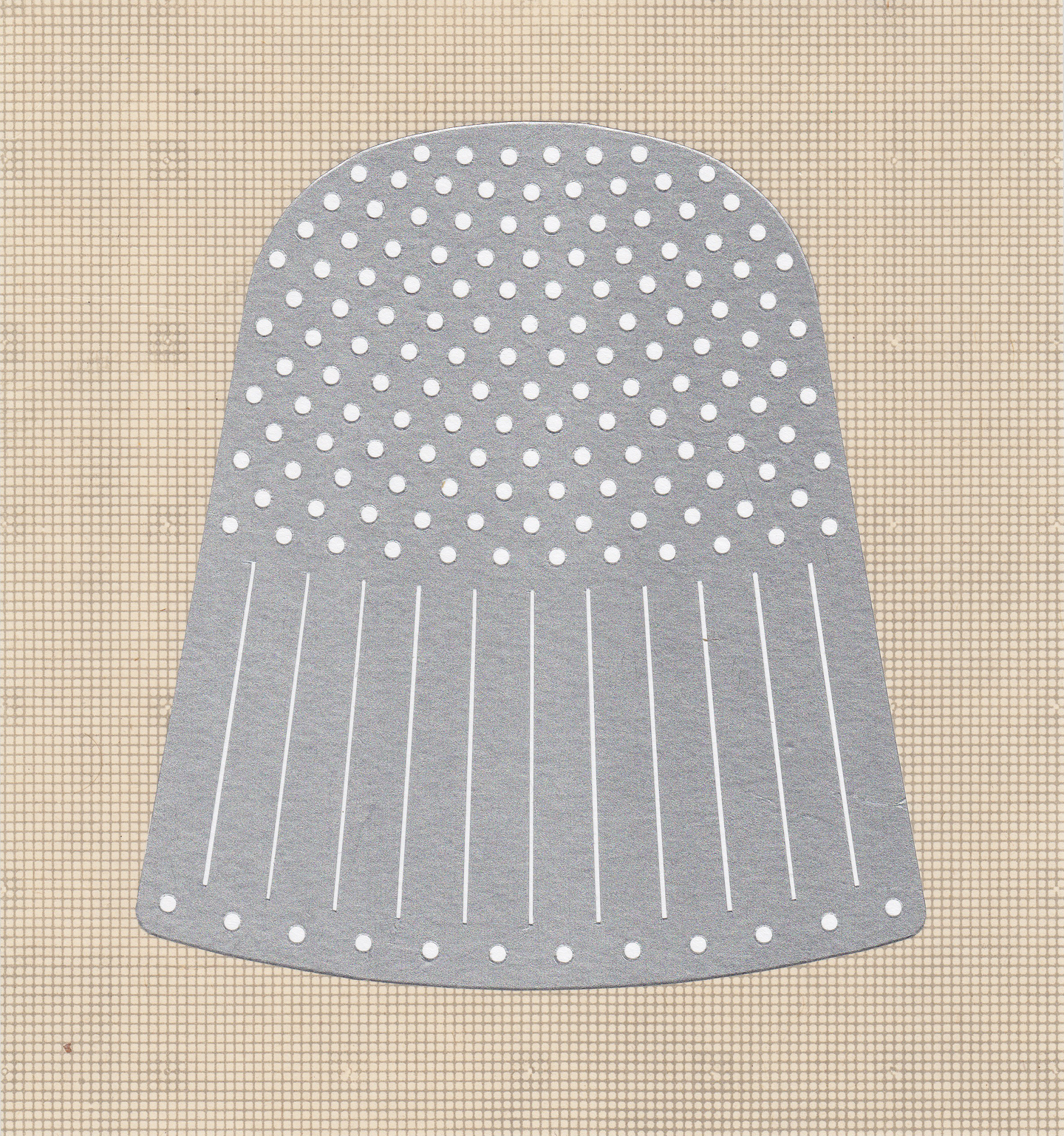
It was – it is difficult to say precisely on what day, but probably the most glorious one in Akakiy Akakievitch’s life, when Petrovitch at length brought home the cloak. He brought it in the morning, before the hour when it was necessary to start for the department. Never did a cloak arrive so exactly in the nick of time; for the severe cold had set in, and it seemed to threaten to increase. Petrovitch brought the cloak himself as befits a good tailor. On his countenance was a significant expression, such as Akakiy Akakievitch had never beheld there. He seemed fully sensible that he had done no small deed, and crossed a gulf separating tailors who only put in linings, and execute repairs, from those who make new things. He took the cloak out of the pocket handkerchief in which he had brought it. The handkerchief was fresh from the laundress, and he put it in his pocket for use. Taking out the cloak, he gazed proudly at it, held it up with both hands, and flung it skilfully over the shoulders of Akakiy Akakievitch. Then he pulled it and fitted it down behind with his hand, and he draped it around Akakiy Akakievitch without buttoning it. Akakiy Akakievitch, like an experienced man, wished to try the sleeves. Petrovitch helped him on with them, and it turned out that the sleeves were satisfactory also. In short, the cloak appeared to be perfect, and most seasonable. Petrovitch did not neglect to observe that it was only because he lived in a narrow street, and had no signboard, and had known Akakiy Akakievitch so long, that he had made it so cheaply; but that if he had been in business on the Nevsky Prospect, he would have charged seventy-five rubles for the making alone. Akakiy Akakievitch did not care to argue this point with Petrovitch. He paid him, thanked him, and set out at once in his new cloak for the department. Petrovitch followed him, and, pausing in the street, gazed long at the cloak in the distance, after which he went to one side expressly to run through a crooked alley, and emerge again into the street beyond to gaze once more upon the cloak from another point, namely, directly in front.
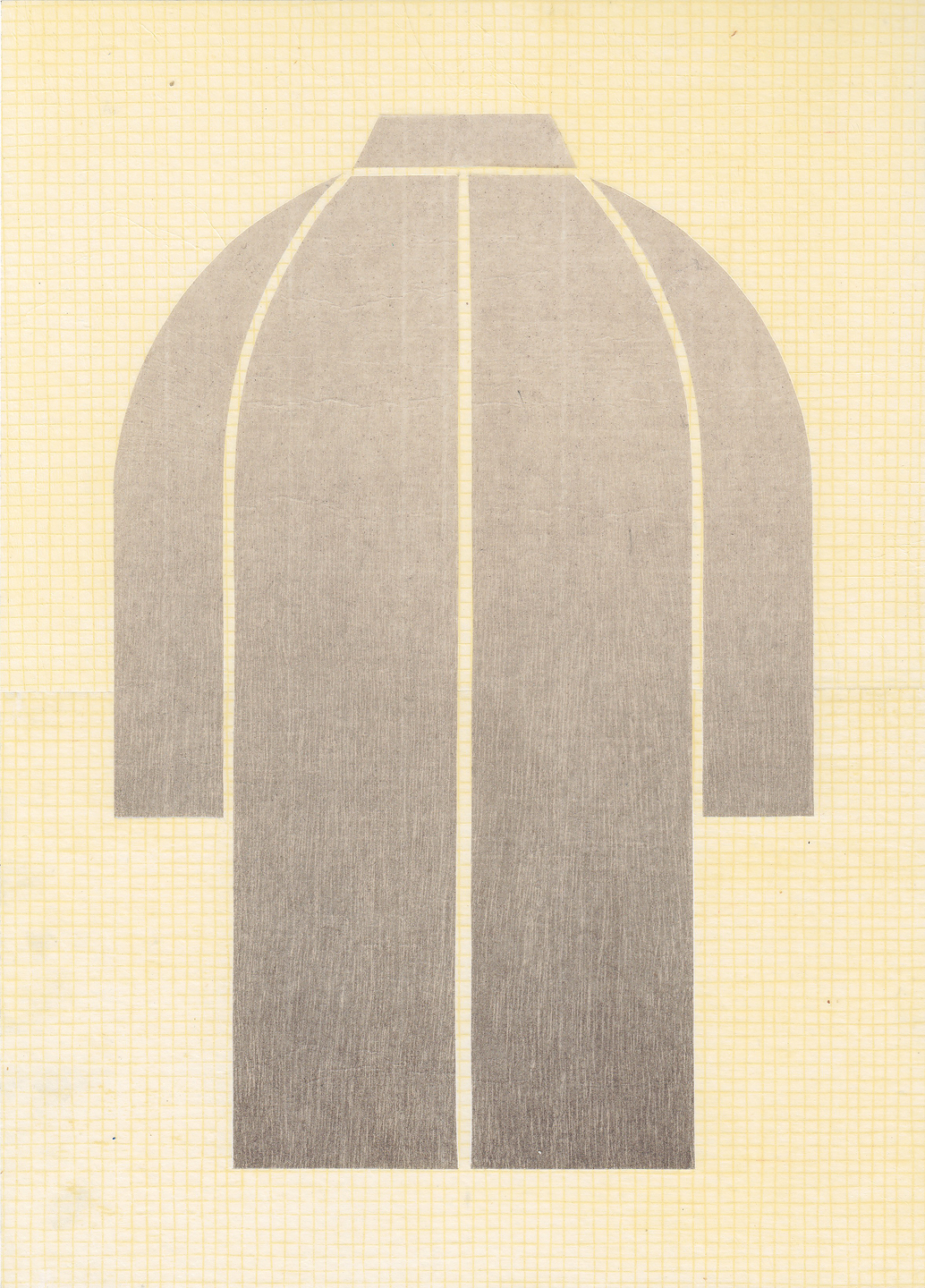
Meantime Akakiy Akakievitch went on in holiday mood. He was conscious every second of the time that he had a new cloak on his shoulders; and several times he laughed with internal satisfaction. In fact, there were two advantages, one was its warmth, the other its beauty. He saw nothing of the road, but suddenly found himself at the department. He took off his cloak in the ante-room, looked it over carefully, and confided it to the especial care of the attendant. It is impossible to say precisely how it was that every one in the department knew at once that Akakiy Akakievitch had a new cloak, and that the ‘cape’ no longer existed. All rushed at the same moment into the ante-room to inspect it. They congratulated him and said pleasant things to him, so that he began at first to smile and then to grow ashamed. When all surrounded him, and said that the new cloak must be ‘christened,’ and that he must give a whole evening at least to this, Akakiy Akakievitch lost his head completely, and did not know where he stood, what to answer, or how to get out of it. He stood blushing all over for several minutes, and was on the point of assuring them with great simplicity that it was not a new cloak, that it was so and so, that it was in fact the old ‘cape.’
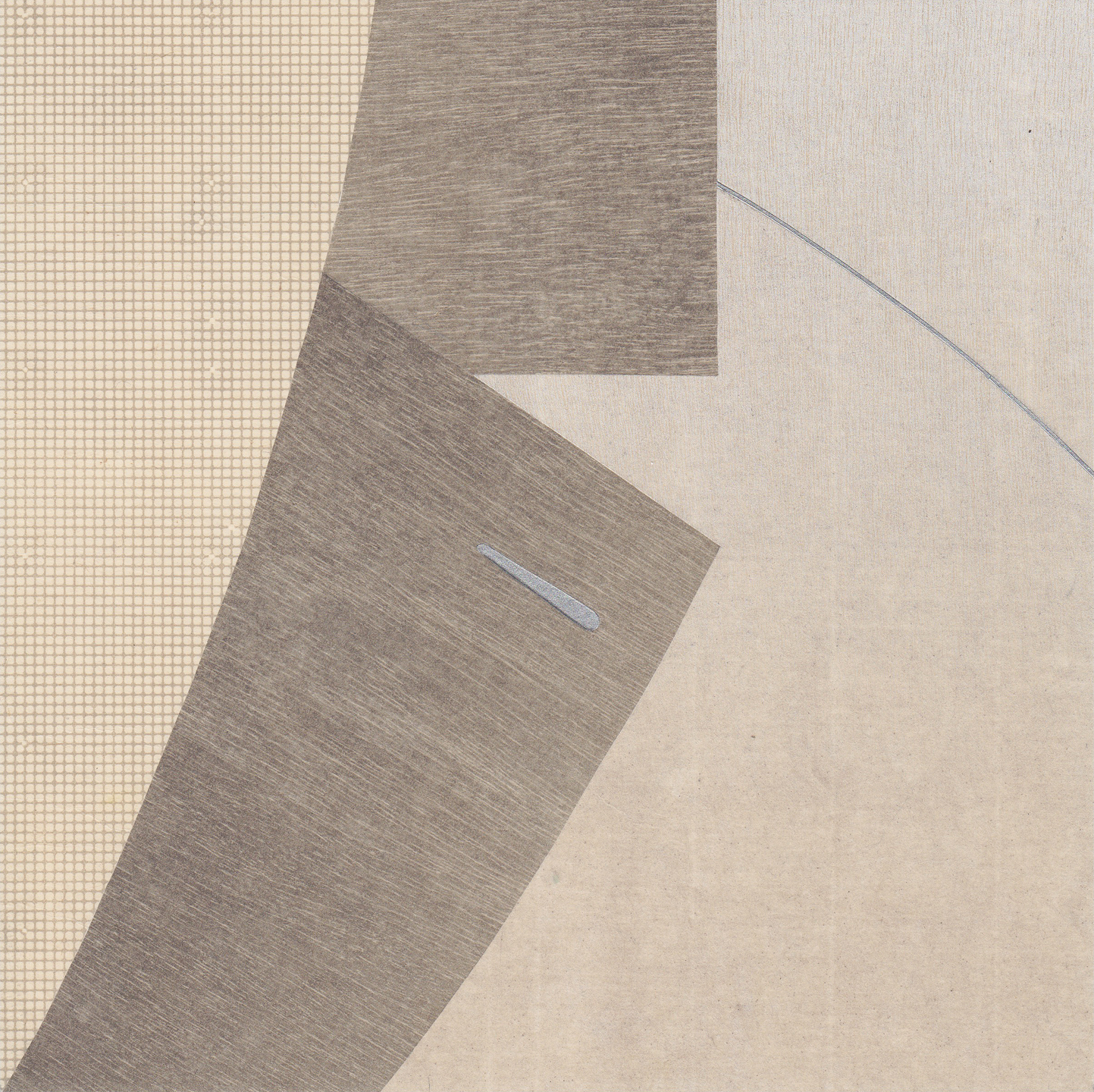
At length one of the officials, a sub-chief probably, in order to show that he was not at all proud, and on good terms with his inferiors, said, “So be it, only I will give the party instead of Akakiy Akakievitch; I invite you all to tea with me to-night; it happens quite a propos, as it is my name-day.” The officials naturally at once offered the sub-chief their congratulations and accepted the invitations with pleasure. Akakiy Akakievitch would have declined, but all declared that it was discourteous, that it was simply a sin and a shame, and that he could not possibly refuse. Besides, the notion became pleasant to him when he recollected that he should thereby have a chance of wearing his new cloak in the evening also.
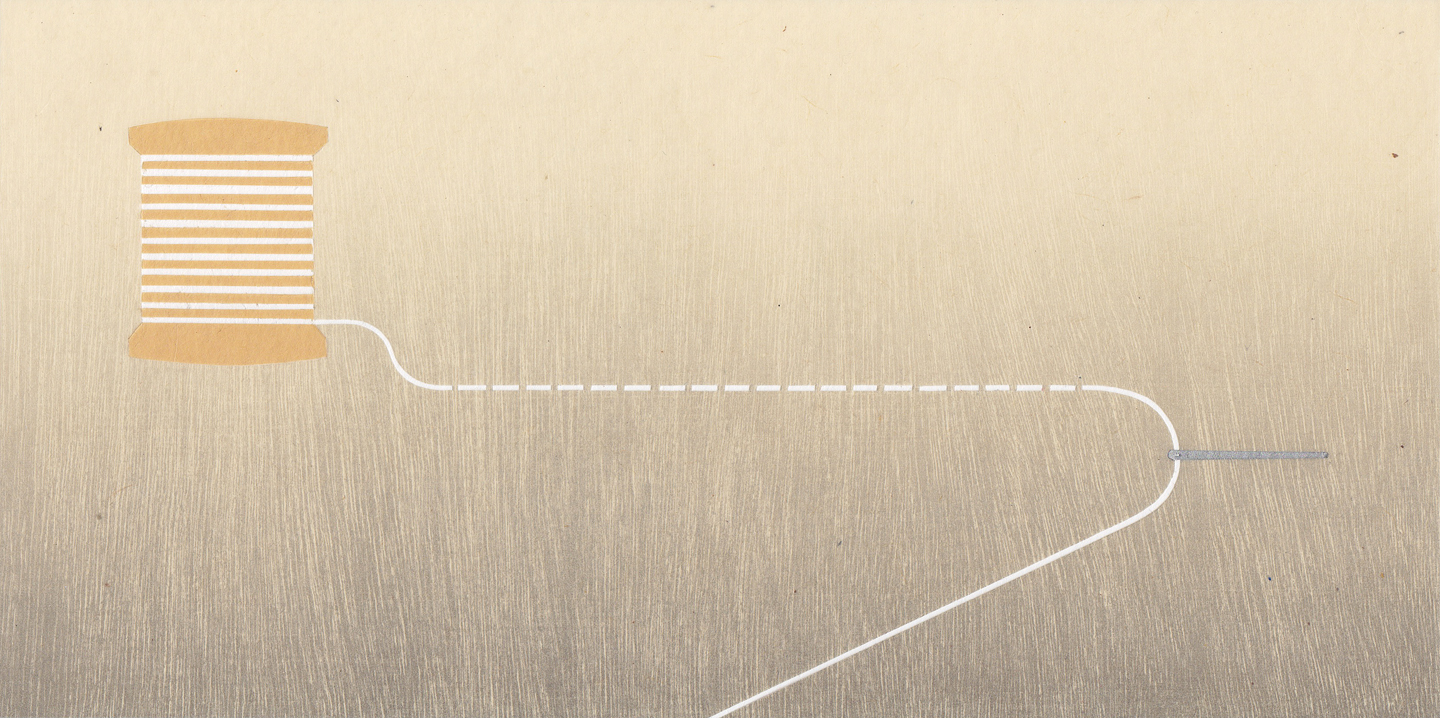
That whole day was truly a most triumphant festival day for Akakiy Akakievitch. He returned home in the most happy frame of mind, took off his cloak, and hung it carefully on the wall, admiring afresh the cloth and the lining. Then he brought out his old, worn-out cloak, for comparison. He looked at it and laughed, so vast was the difference. And long after dinner he laughed again when the condition of the ‘cape’ recurred to his mind. He dined cheerfully, and after dinner wrote nothing, but took his ease for a while on the bed, until it got dark. Then he dressed himself leisurely, put on his cloak, and stepped out into the street. Where the host lived, unfortunately we cannot say: our memory begins to fail us badly; and the houses and streets in St. Petersburg have become so mixed up in our head that it is very difficult to get anything out of it again in proper form. This much is certain, that the official lived in the best part of the city; and therefore it must have been anything but near to Akakiy Akakievitch’s residence. Akakiy Akakievitch was first obliged to traverse a kind of wilderness of deserted, dimly-lighted streets; but in proportion as he approached the official’s quarter of the city, the streets became more lively, more populous, and more brilliantly illuminated. Pedestrians began to appear; handsomely dressed ladies were more frequently encountered; the men had otter skin collars to their coats; peasant waggoners, with their grate-like sledges stuck over with brass-headed nails, became rarer; whilst on the other hand, more and more drivers in red velvet caps, lacquered sledges and bear-skin coats began to appear, and carriages with rich hammer-cloths flew swiftly through the streets, their wheels scrunching the snow. Akakiy Akakievitch gazed upon all this as upon a novel sight. He had not been in the streets during the evening for years. He halted out of curiosity before a shop-window to look at a picture representing a handsome woman, who had thrown off her shoe, thereby baring her whole foot in a very pretty way; whilst behind her the head of a man with whiskers and a handsome moustache peeped through the doorway of another room. Akakiy Akakievitch shook his head and laughed, and then went on his way. Why did he laugh? Either because he had met with a thing utterly unknown, but for which every one cherishes, nevertheless, some sort of feeling; or else he thought, like many officials, as follows: “Well, those French! What is to be said? If they do go in anything of that sort, why –” But possibly he did not think at all.
This text is an excerpt from the short story ‘The Overcoat’ by Nikolai Gogol, published in 1842. ‘The Overcoat’ tells the story of Akaky Akakievich Bashmachkin, a dedicated but destitute government clerk in St. Petersburg who, after his faithful coat falls apart, rigorously saves his meagre salary to commission a tailor for a brand new overcoat in anticipation of the severe Northern winter – only to have it stolen in the street soon after. The ill-fated story of Akaky has become an evocative and influential piece of Russian literature.
Kristen Martincic is based in Columbia, Missouri, and is an illustrator and artist.
